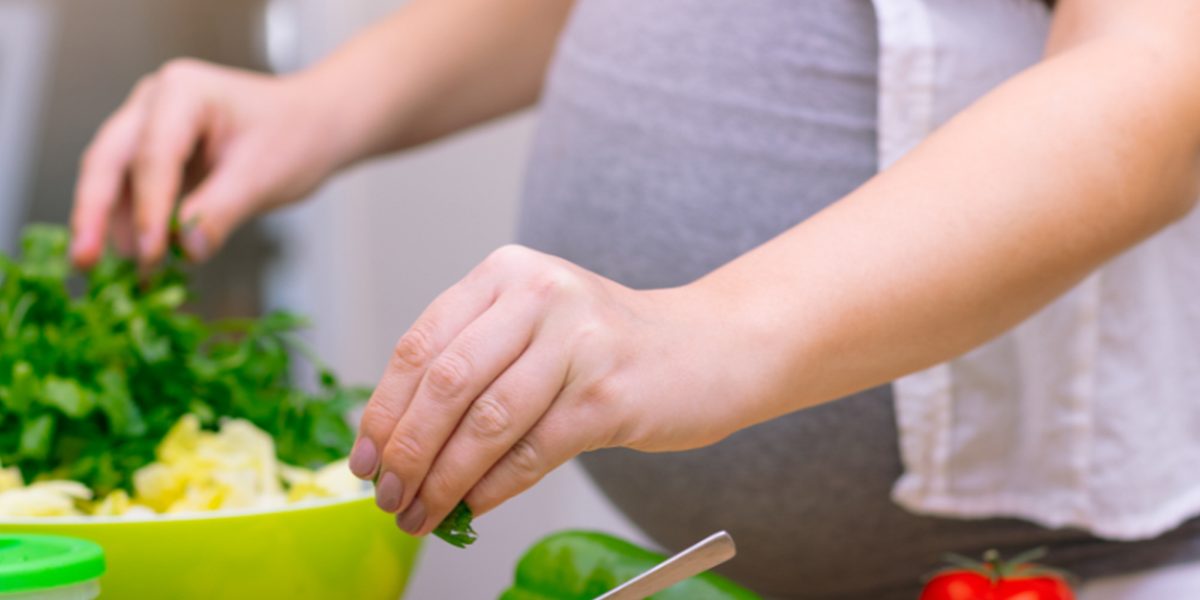Pregnancy brings about a lot of changes, both in your body and emotions. Many women go through shifts in appetite and develop Food Aversions During Pregnancy. Further, it’s important to understand and handle these changes well to make sure you’re eating healthy and taking care of yourself and your baby.
In this blog, we will learn the key aspects of these changes, offering guidance on this phase while prioritizing a healthy diet.
Food Aversions during pregnancy
Food aversions are intense dislikes toward specific foods, often accompanied by unpleasant physical symptoms triggered by the sight or smell of those foods. However, these reactions are more likely associated with emotions rather than the food itself, and they can present a challenge to maintaining a well-balanced diet during pregnancy.
Is it Normal for Appetite to Change?
Moreover, it’s completely normal to experience a shift in appetite or changes in food preferences during pregnancy(food cravings in pregnancy). Further, this can impact how much your weight changes during this time. Subsequently, about 6 in 10 people go through food aversions during pregnancy, showing that it’s a common occurrence.
When Do Food Aversions Occur?
Food aversions can happen because of general nausea, commonly known as ‘morning sickness,’ at any time of the day. Furthermore, this nausea usually peaks between weeks 6 and 14 of pregnancy. Hence, if particular aversions affect essential parts of your diet, trying to reintroduce these foods later in pregnancy might work.
Common Food Aversions
Generally, several common food aversions include alcohol, coffee/tea, meat, fatty foods, spicy foods, and eggs. Consequently, understanding these aversions is essential for making informed dietary choices during pregnancy.
Causes of Food Aversions during Pregnancy
While the exact cause of food aversions during pregnancy remains unclear, hormonal changes play a significant role, especially in the early stages. Moreover, hormones like human gonadotropin (HCG) can induce nausea, appetite changes, and aversions. Additionally, increased sensitivity to smell and taste can influence food preferences.
Maintaining a Healthy Diet
Contrary to the idea of “eating for two,” the focus during pregnancy should be on quality rather than quantity. Thus, it’s crucial to have a varied diet that includes vegetables, legumes, grains, dairy, protein sources, and fruits. Further, staying well-hydrated and ensuring you get enough nutrients like folate, iodine, and iron is important for supporting the baby’s development.
- Folate (Folic Acid)(importance of folic acid) found in green leafy vegetables, broccoli, legumes, oranges, and fortified cereals.
- Iodine sourced from low-fat dairy, eggs, cooked fish, seaweed, and iodized salt.
- Iron found in red meat, poultry, tofu, and iron-fortified cereals are recommended, with vitamin C-rich foods enhancing iron absorption.
In case, if aversions develop towards essential foods, consider suitable alternatives to maintain balanced nutrition.
Limiting Certain Foods
While certain foods are vital, it’s equally important to limit saturated fats, added salt, and sugars during pregnancy. Furthermore, avoiding alcohol is crucial for the baby’s safety.
To Sumup
Changes in appetite and food preferences during pregnancy are a normal part of this incredible journey. Moreover, it’s important to focus on a healthy, balanced diet and consult healthcare professionals for optimal nutrition for you and your baby. Always, embrace these changes, stay informed, and enjoy the unique experience of nurturing new life.








